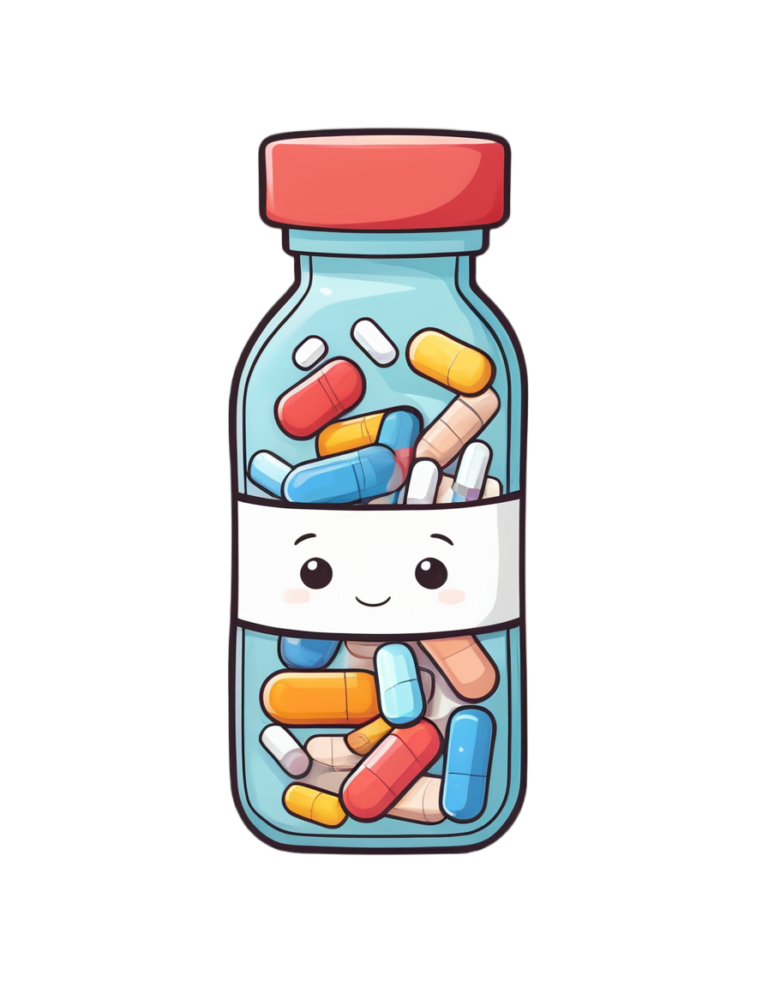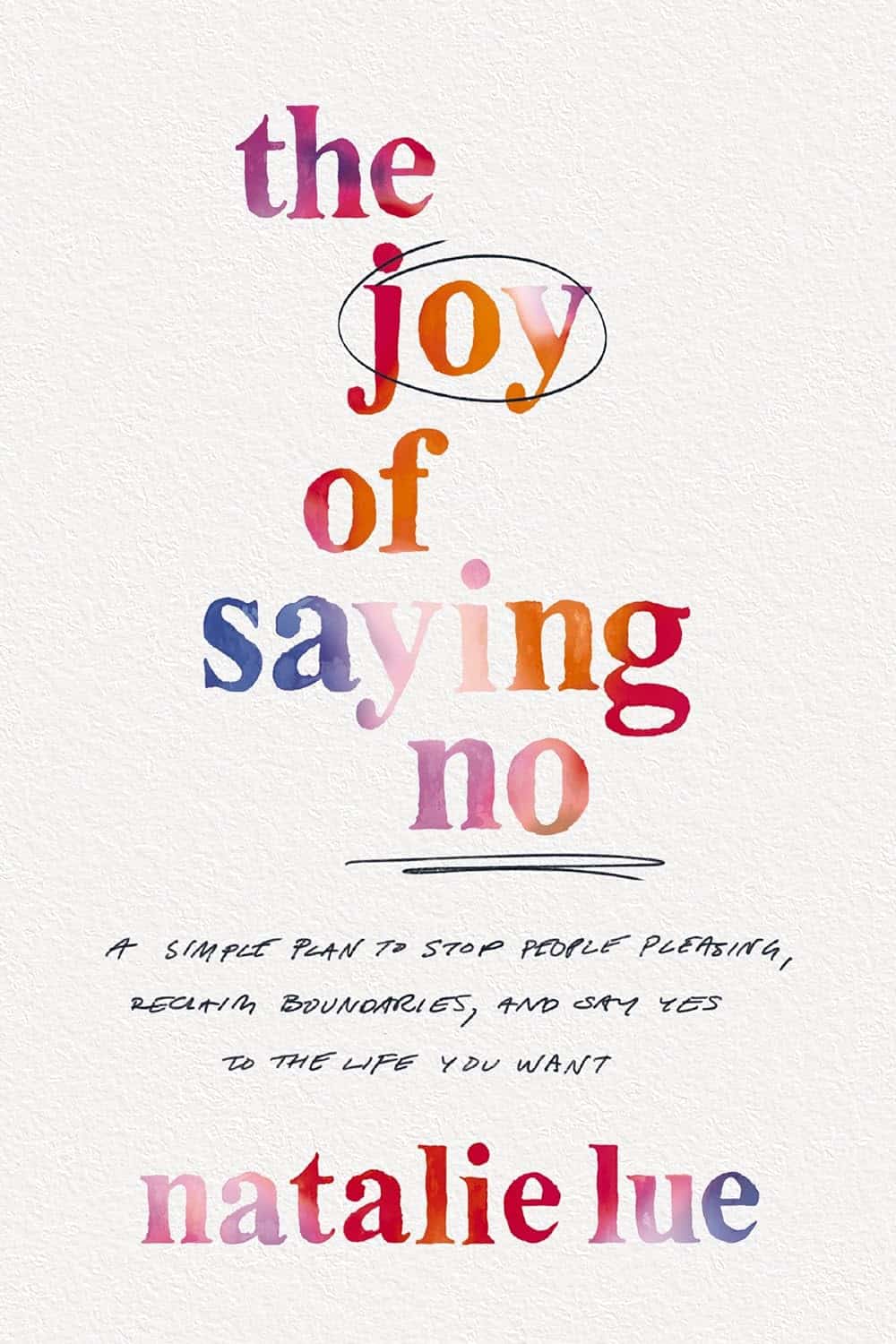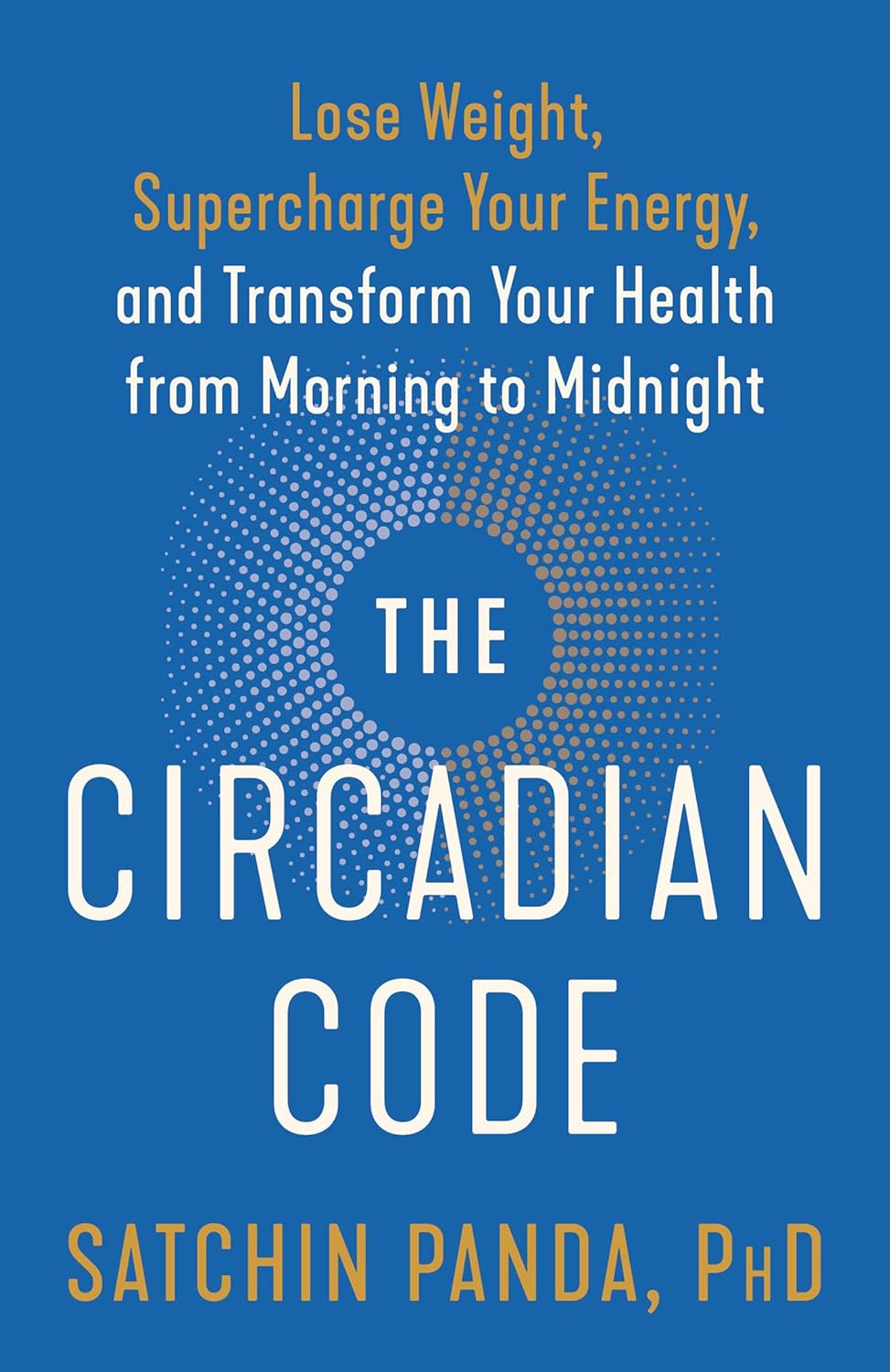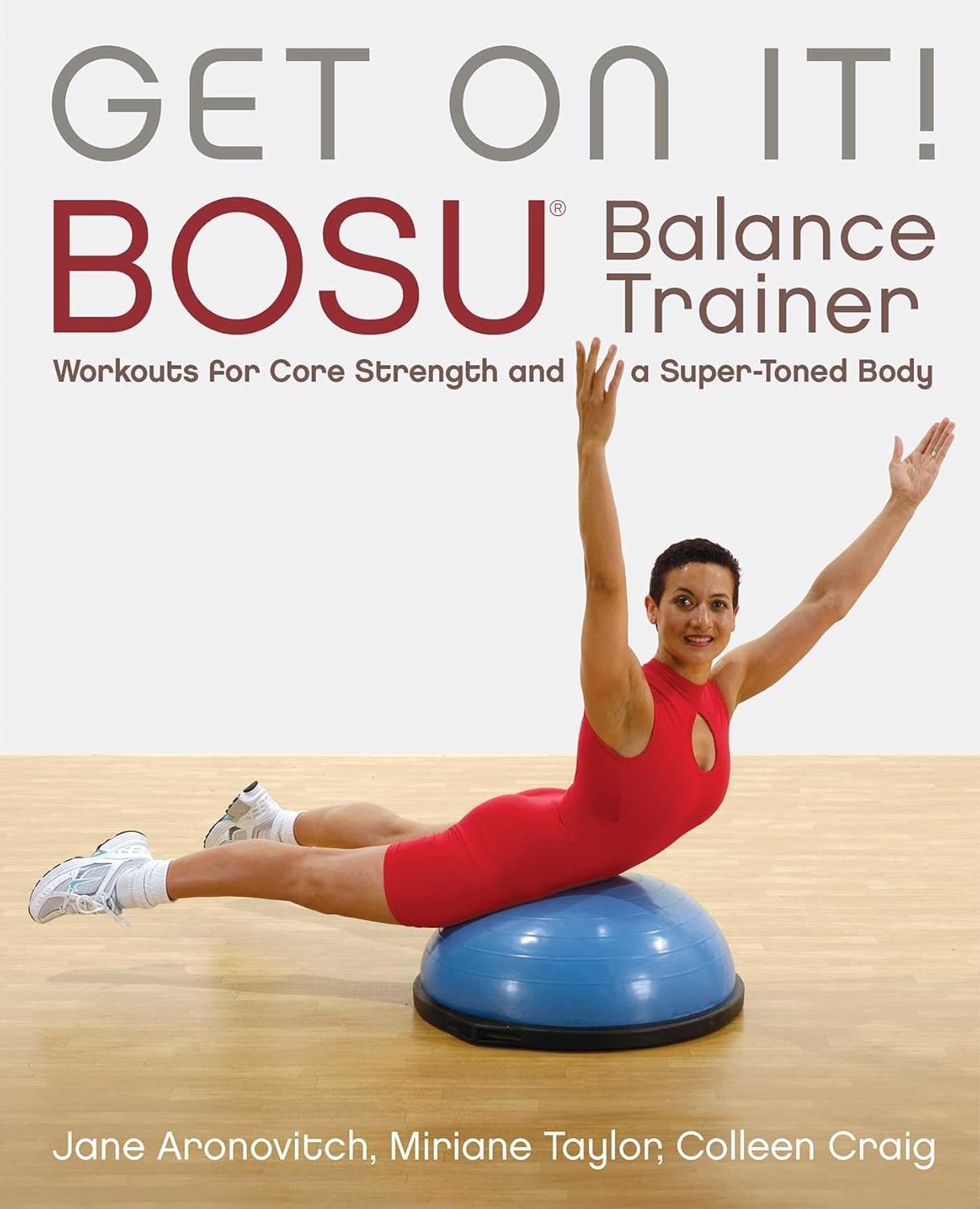
What Are “Adaptogens” Anyway? (And Other Questions Answered)
10almonds is reader-supported. We may, at no cost to you, receive a portion of sales if you purchase a product through a link in this article.
It’s Q&A Day at 10almonds!
Have a question or a request? You can always hit “reply” to any of our emails, or use the feedback widget at the bottom!
In cases where we’ve already covered something, we might link to what we wrote before, but will always be happy to revisit any of our topics again in the future too—there’s always more to say!
As ever: if the question/request can be answered briefly, we’ll do it here in our Q&A Thursday edition. If not, we’ll make a main feature of it shortly afterwards!
So, no question/request too big or small
❝I tried to use your calculator for heart health, and was unable to enter in my height or weight. Is there another way to calculate? Why will that field not populate?❞
(this is in reference to yesterday’s main feature “How Are You, Really? And How Old Is Your Heart?“)
How strange! We tested it in several desktop browsers and several mobile browsers, and were unable to find any version that didn’t work. That includes switching between metric and imperial units, per preference; both appear to work fine. Do be aware that it’ll only take numerical imput, though.
Did anyone else have this problem? Let us know! (You can reply to this email, or use the handy feedback widget at the bototm)
❝I may have missed it, but how much black pepper provides benefits?❞
So, for any new subscribers joining us today, this is about two recent main features:
As for a daily dosage of black pepper, it varies depending on the benefit you’re looking for, but:
- 5–20mg of piperine is the dosage range used in most scientific studies we looked at
- 10mg is a very common dosage found in many popular supplements
- That’s the mass of piperine though, so if taking it as actual black pepper rather than as an extract, ½ teaspoon is considered sufficient to enjoy benefits.
❝I loved the health benefits of pepper. I do not like pepper. Where can I get it as a supplement?❞
You can simply buy whole black peppercorns and take a few with water as though they were tablets. Your stomach acid will do the rest. Black pepper is also good for digestion, so taking it with a meal is best.
You can buy piperine (black pepper extract) by itself as a supplement in powder form, but if you don’t like black pepper, you will probably not like this powder either. We couldn’t find it readily in capsule form.
You can buy piperine (black pepper extract) as an adjunct to other supplements, with perhaps the most common/popular being turmeric capsules that also contain 10mg (or more) piperine per capsule. Shop around if you like, but here’s one that has 15mg piperine* per capsule, for example.
*They call it “Bioperine®” but that is literally just piperine. Same goes if you see “Absorbagen™”, it’s still just piperine.
❝What do you mean when you say that something is adaptogenic?❞
Simple version: it means it helps the body adapt to stress, by adjusting the body’s natural responses. Thus, adaptogenic supplements can be contrasted with tranquilizing drugs that mask stress by brute force, for example.
Technical version: adaptogenic activity refers to improving physiological stress resilience, such as by moderating and modulating hypothalamic–pituitary–adrenal axis signaling, and/or by regulating levels of endogenic compounds involved in the cellular stress response.
Read more (technical version):
Read more (simple version):
European Medicines Agency’s Reflection Paper On The Adaptogenic Concept
Enjoy!
Don’t Forget…
Did you arrive here from our newsletter? Don’t forget to return to the email to continue learning!
Recommended
Learn to Age Gracefully
Join the 98k+ American women taking control of their health & aging with our 100% free (and fun!) daily emails:
-
The Joy of Saying No – by Natalie Lue
10almonds is reader-supported. We may, at no cost to you, receive a portion of sales if you purchase a product through a link in this article.
Superficially, this seems an odd topic for an entire book. “Just say no”, after all, surely! But it’s not so simple as that, is it?
Lue looks into what underpins people-pleasing, first. Then, she breaks it down into five distinct styles of people-pleasing that each come from slightly different motivations and ways of perceiving how we interact with those around us.
Lest this seem overly complicated, those five styles are what she calls: gooding, efforting, avoiding, saving, suffering.
She then looks out how to have a healthier relationship with our yes/no decisions; first by observing, then by creating healthy boundaries. “Healthy” is key here; this isn’t about being a jerk to everyone! Quite the contrary, it involves being honest about what we can and cannot reasonably take on.
The last section is about improving and troubleshooting this process, and constitutes a lot of the greatest value of the book, since this is where people tend to err the most.
Bottom line: this book is informative, clear, and helpful. And far from disappointing everyone with “no”, we can learn to really de-stress our relationships with others—and ourselves.
Share This Post
-
The Circadian Code – by Dr. Satchin Panda
10almonds is reader-supported. We may, at no cost to you, receive a portion of sales if you purchase a product through a link in this article.
There’s a lot more to circadian rhythm than “sleep during these hours”. And there’s a lot more to bear in mind than “don’t have blue/white light at night”.
In fact, Dr. Satchin Panda explains, there’s a whole daily symphony of movements in our body as different biochemical processes wax and wane according to what time of day it is.
There are several important things he wants us to know about this:
- Our body needs to know what time it is, for those processes to work correctly
- Because of these daily peaks and troughs of various physiological functions, we get “correct” times for things we do every day. Not just sleeping/waking, but also:
- The best time to eat
- The best time to exercise
- The best time to do mental work
- The best times to take different kinds of supplements/medications
Dr. Panda also looks at what things empower, or disempower, our body to keep track of what time it is.
Bottom line: if you’d like to optimize your days and your health, this book has a lot of very valuable practicable tips.
Click here to check out The Circadian Code, and make the most of yours!
Share This Post
-
Beat The Heat, With Fat
10almonds is reader-supported. We may, at no cost to you, receive a portion of sales if you purchase a product through a link in this article.
Surviving Summer
Summer is upon us, for those of us in the Northern Hemisphere anyway, and given that nowadays each year tends to be hotter than the one before, on average, it pays to be prepared.
We’ve talked about dealing with the heat before:
Sun, Sea, And Sudden Killers To Avoid
All the above advice stands this summer too, but today we’re going to speak a little extra on not having a “default body”.
For much of medical literature and common health advice, the default body is that of a slim and/or athletic white cis man aged 25–35 with no disabilities.
When it comes to “women’s health”, this is often confined to “the bikini zone” and everything else is commonly treated based on research conducted with men.
Today we’ll be looking at a particular challenge for a wide variety of people, when it comes to heat…
Beating the heat, with fat
If you are fat, and/or have a bit of a tummy, and/or have breasts, this one’s for you.
Fat acts as an insulator, which naturally does no favors in hot weather. Carrying the weight around is also extra exercise, which also becomes a problem in hot weather. Fat people usually sweat more than thin people do, as a result.
Sweat is great for cooling down the body, because it takes heat with it when it evaporates off. However, that only works if it can evaporate off, and it can’t evaporate off if it’s trapped in a skin fold / fat roll.
If you’re fat, you may have plenty of those; if you have a bit of a tummy (if you’re not fat generally, this might be a leftover from pregnancy, or weight loss, or something else; how it got there doesn’t matter for our purposes today), you’ll have at least one under it, and if you have breasts, unless they’re quite small, you’ll have one under each breast, and potentially your cleavage may become an issue too.
Note: if you are perhaps a man who has fat in the place where breasts go, then medically this goes for you too, except that there’s not a societal expectation that you wear bra. Use today’s information as you see fit.
Sweat-wicking hacks
We don’t want sweat to stay in those folds—both because then it’s not doing its cooling-down job, and also, because it can cause a rash, and even yeast infections and/or bacterial infections.
So, we want there to be some barrier there. You could use something like vaseline or baby powder, as to prevent chafing, but fat better (more effective, and less messy) is to have some kind of cloth there that can wick the sweat away.
There are made-for-purpose curved cotton bands that exist, called “tummy liners”; here’s an example product on Amazon, or you could make your own if you’re so inclined. They’re breathable, absorbent, and reduce friction too, making everything a lot more comfortable.
And for breasts? Same deal, there are made-for-purpose cotton bra-liners that exist; here’s an example product on Amazon, or again, you could make your own if you feel so inclined. The important part is that it makes things so much comfortable, because let’s face it: wearing a bra in the summer is not comfortable.
So with these, it can become more comfortable (and the cotton liners are flat, so they’re not visible if one’s wearing a t-shirt or similar-coverage garment). You could go braless, of course, but then you’re back to having sweaty folds, so if you’re doing something other than swimming or lying on your back, you might want something there.
Different hydration rules
“People should drink this much per day” and guess what, those guidelines were based on, drumroll please, not fat people.
Sweating more means needing to hydrate more, and even without breaking a sweat, having a larger body than average (be it muscle, fat, or both) means having more body to hydrate. That’s simple math.
So instead, a good general guideline is half an ounce of water per your weight in pounds, per day:
How much water do I need each day?
Another good general guideline is to simply drink “little and often”, that is to say, always have a (hydrating!) drink on the go.
Take care!
Share This Post
Related Posts
-
Coconut & Lemongrass Protein Soup
10almonds is reader-supported. We may, at no cost to you, receive a portion of sales if you purchase a product through a link in this article.
The main protein here is pea protein, but the soup’s health benefits don’t stop there. With healthy MCTs from the coconut, as well as phytochemical benefits from the ginger and chili, this wonderfully refreshing soup has a lot to offer.
You will need
- 1 can coconut milk
- 1 cup vegetable stock (making your own, or buying a low-sodium option)
- 1 cup frozen petits pois
- 1 oz fresh ginger, roughly chopped
- ½ oz lemongrass stalk, crumpled without being broken into multiple pieces
- 1 red chili, roughly chopped
- 1 tbsp white miso paste
- zest and juice of 1 lime
- Optional: garnish of your choice
Method
(we suggest you read everything at least once before doing anything)
1) Mix the coconut milk, vegetable stock, ginger, and chili in a saucepan, and simmer for 15 minutes
2) Remove the lemongrass and ginger (and the chili if you don’t want more heat), and add the petit pois. Bring back to a simmer for about 2 minutes more, stir in the miso paste and lime, then take off the heat.
3) Blend the soup to a smooth purée. Since it is hot, you will need to either use a stick blender, or else a food processor that is ok with blending hot liquids (many are not, so don’t use yours unless you’re sure, as it might explode if it’s not made for that). Alternatively, you can let it cool, blend it, and then reheat it.
4) Serve, adding a garnish if you so wish:
Enjoy!
Want to learn more?
For those interested in some of the science of what we have going on today:
- Can Saturated Fats Be Healthy?
- Ginger Does A Lot More Than You Think
- Capsaicin For Weight Loss And Against Inflammation
Take care!
Don’t Forget…
Did you arrive here from our newsletter? Don’t forget to return to the email to continue learning!
Learn to Age Gracefully
Join the 98k+ American women taking control of their health & aging with our 100% free (and fun!) daily emails:
-
Get On It! – by Jane Aronovitch, Miriane Taylor, & Colleen Craig
10almonds is reader-supported. We may, at no cost to you, receive a portion of sales if you purchase a product through a link in this article.
Balance is important; without it, we die early. That’s quite a strong selling point for improving one’s balance, but why this book in particular?
This is—with one drawback—the best book of balance ball exercises we’ve seen. Notwithstanding the cover photo, many exercises do, by the way, involve standing on it with one or both feet, doing various kinds of squats, lunges, get-ups, and so forth. The ball (it’s not really a ball so much as an oblate hemisphere) can also be flipped and used the other way around, with a flat platform that will now wobble per your weight distribution, and train balance in different ways (dome-up trains large stabilizing muscles more; platform-up trains smaller stabilizing muscles more).
Indeed, that’s where the brand name Bosu, often stylized “BOSU”, comes from: both sides up!
So, what’s the drawback? Alas, the photos are black and white, which means in some cases they’re not as clear as they could be. Nothing that will prevent understanding the exercises, which are well-explained in any case, but it does mean that sometimes it’s necessary to look closely to see which leg is in front of the other for a given exercise, for example.
Still, with 80 different exercises it really does cover the whole body, and even gives workout program varieties for those who want that, including targeted to particular areas, e.g. lower body, core, upper body, or complete.
Bottom line: if you’d like to improve your balance (and have, or are willing to acquire, a balance ball like the Bosu), then this book will give you everything else you need in that regard.
Don’t Forget…
Did you arrive here from our newsletter? Don’t forget to return to the email to continue learning!
Learn to Age Gracefully
Join the 98k+ American women taking control of their health & aging with our 100% free (and fun!) daily emails:
-
How Old Is Too Old For HRT?
10almonds is reader-supported. We may, at no cost to you, receive a portion of sales if you purchase a product through a link in this article.
It’s Q&A Day at 10almonds!
Have a question or a request? We love to hear from you!
In cases where we’ve already covered something, we might link to what we wrote before, but will always be happy to revisit any of our topics again in the future too—there’s always more to say!
As ever: if the question/request can be answered briefly, we’ll do it here in our Q&A Thursday edition. If not, we’ll make a main feature of it shortly afterwards!
So, no question/request too big or small 😎
❝I think you guys do a great job. Wondering if I can suggest a topic? Older women who were not offered hormone replacement therepy because of a long term study that was misread. Now, we need science to tell us if we are too old to benefit from begininng to take HRT. Not sure how old your readers are on average but it would be a great topic for older woman. Thanks❞
Thank you for the kind words, and the topic suggestion!
About the menopause and older age thereafter
We’ve talked a bit before about the menopause, for example:
What You Should Have Been Told About The Menopause Beforehand
And we’ve even discussed the unfortunate social phenomenon of post-menopausal women thinking “well, that’s over and done with now, time to forget about that”, because spoiler, it will never be over and done with—your body is always changing every day, and will continue to do so until you no longer have a body to change.
This means, therefore, that since changes are going to happen no matter what, the onus is on us to make the changes as positive (rather than negative) as possible:
Menopause, & When Not To Let Your Guard Down
About cancer risk
It sounds like you know this one, but for any who were unaware: indeed, there was an incredibly overblown and misrepresented study, and even that was about older forms of HRT (being conjugated equine estrogens, instead of bioidentical estradiol):
As for those who have previously had breast cancer or similar, there is also:
The Hormone Therapy That Reduces Breast Cancer Risk & More
Is it too late?
Fortunately, there is a quick and easy test to know whether you are too old to benefit:
First, find your pulse, by touching the first two fingers of one hand, against the wrist of the other. If you’re unfamiliar with where to find the pulse at the wrist, here’s a quick explainer.
Or if you prefer a video:
Click Here If The Embedded Video Doesn’t Load Automatically!
Did you find it?
Good; in that case, it’s not too late!
Scientists have tackled this question, looking at women of various ages, and finding that when comparing age groups taking HRT, disease risk changes do not generally vary much by age i.e., someone at 80 gets the same relative benefit from HRT as someone at 50, with no extra risks from the HRT. For example, if taking HRT at 50 reduces a risk by n% compared to an otherwise similar 50-year-old not on HRT, then doing so at 80 reduces the same risk by approximately the same percentage, compared to an otherwise similar 80-year-old not on HRT.
There are a couple of exceptions, such as in the case of already having advanced atherosclerotic lesions (in which specific case HRT could increase inflammation; not something it usually does), or in the case of using conjugated equine estrogens instead of modern bioidentical estradiol (as we talked about before).
Thus, for the most part, HRT is considered safe and effective regardless of age:
How old is too old for hormone therapy?
👆 that’s from 2015 though, so how about a new study, from 2024?
❝Compared with never use or discontinuation of menopausal hormone therapy after age 65 years, the use of estrogen monotherapy beyond age 65 years was associated with significant risk reductions in mortality (19% or adjusted hazards ratio, 0.81; 95% CI, 0.79-0.82), breast cancer (16%), lung cancer (13%), colorectal cancer (12%), congestive heart failure (CHF) (5%), venous thromboembolism (3%), atrial fibrillation (4%), acute myocardial infarction (11%), and dementia (2%).❞
❝Among senior Medicare women, the implications of menopausal hormone therapy use beyond age 65 years vary by types, routes, and strengths. In general, risk reductions appear to be greater with low rather than medium or high doses, vaginal or transdermal rather than oral preparations, and with estradiol rather than conjugated estrogen.❞
Read in full: Use of menopausal hormone therapy beyond age 65 years and its effects on women’s health outcomes by types, routes, and doses
As for more immediately-enjoyable benefits (improved mood, healthier skin, better sexual function, etc), yes, those also are benefits that people enjoy at least into their eighth decade:
See: Use of hormone therapy in Swedish women aged 80 years or older
What about…
Statistically speaking, most people who take HRT have a great time with it and consider it life-changing in a good way. However, nothing is perfect; sometimes going on HRT can have a shaky start, and for those people, there may be some things that need addressing. So for that, check out:
HRT Side Effects & Troubleshooting
And also, while estrogen monotherapy is very common, it is absolutely worthwhile to consider also taking progesterone alongside it:
Progesterone Menopausal HRT: When, Why, And How To Benefit
Enjoy!
Don’t Forget…
Did you arrive here from our newsletter? Don’t forget to return to the email to continue learning!
Learn to Age Gracefully
Join the 98k+ American women taking control of their health & aging with our 100% free (and fun!) daily emails:








